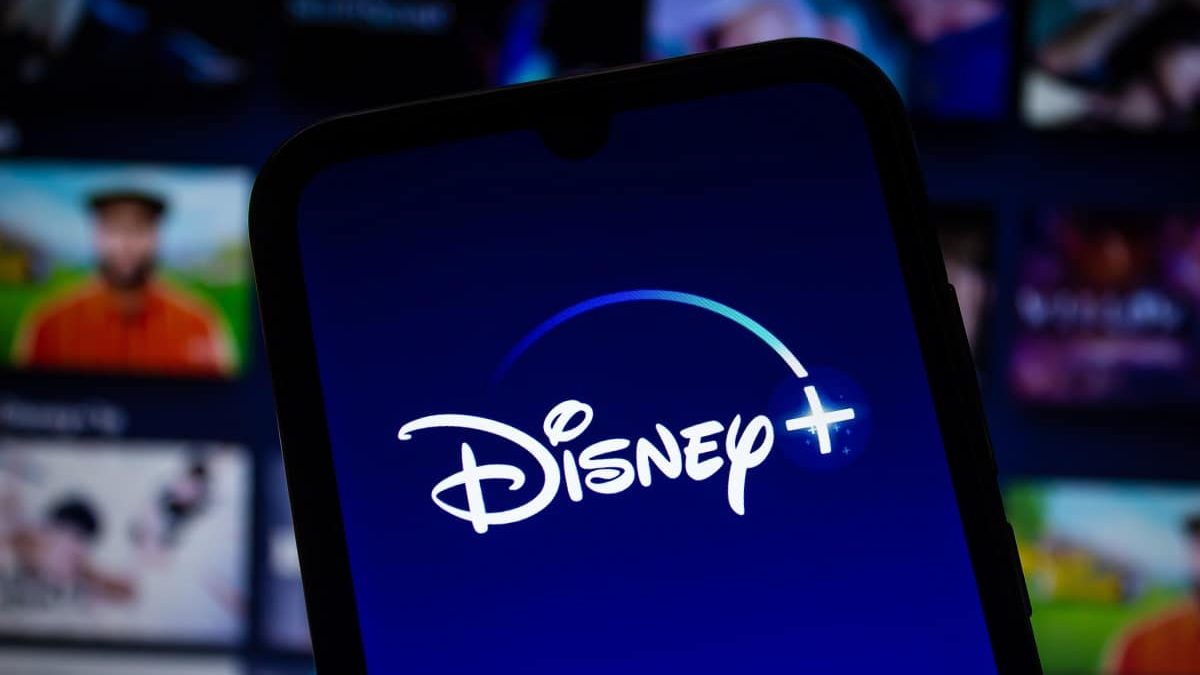Walt Disney (NYSE:DIS) delivered better-than-expected fiscal fourth-quarter earnings on Thursday, even as weakness across its entertainment division weighed on overall performance.
The group’s studio and TV arm continued to feel the strain of softer audience reception and structural industry shifts. Operating income for the entertainment division fell more than 35% to $691 million, coming in below Bloomberg’s $704.2 million estimate, as the company lapped last year’s blockbuster successes such as Deadpool & Wolverine and Inside Out 2.
Traditional television also remained under pressure, with cord-cutting and lower advertising demand dragging profits. Earnings for Disney’s linear networks slid 21% to $391 million in the September quarter.
Streaming and experiences offered a counterweight. Disney+, together with Hulu, added subscribers to reach a combined 196 million. A recently signed distribution agreement with Charter Communications helped lift streaming operating income 39% to $352 million.
The company’s experiences segment — including theme parks, resorts and cruises — continued to be a bright spot. Operating income advanced 13% to $1.88 billion, supported in part by an increase in cruise passenger days.
CEO Bob Iger said Disney showed “great progress” in “leveraging the value of our creative and brand assets and continued to make meaningful progress in our direct-to-consumer businesses.” Iger, whose contract ends next year, has been pushing through a company-wide efficiency drive aimed at cutting costs and rationalizing operations.
At the group level, adjusted earnings per share were $1.11, beating the Bloomberg consensus of $1.07. Revenue slipped 0.5% year-on-year to $22.46 billion, missing expectations of $22.83 billion.
Analysts at Vital Knowledge described the update as soft, writing that “[T]he quarter is relatively lackluster with a shortfall on sales and inline total operating income.”
Looking ahead, Disney projected double-digit adjusted EPS growth for fiscal 2026 and 2027, with the entertainment unit also expected to generate double-digit operating income growth, weighted toward the second half.
The board approved a higher dividend of $1.50 per share, up from $1.00 previously, and doubled its share buyback target to $7 billion.
Despite the earnings beat, Disney shares traded more than 2% lower in premarket dealings.
